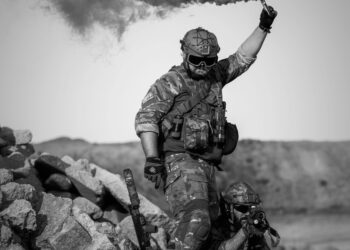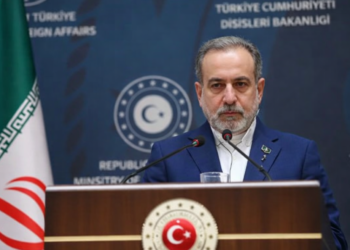The Sudanese city of al-Fashir, the last major government stronghold in the war-torn Darfur region, is teetering on the edge of a devastating battle. Residents are living in fear, caught between missile fire, dwindling resources, and the rising threat of ethnic violence.
A City Under Siege
Al-Fashir, with a population of 1.6 million, has become the battleground for a 13-month-long war between the Sudanese army and the rival Rapid Support Forces (RSF). The RSF’s capture of the city would be a major victory, raising fears of a wider conflict.

This conflict carries a heavy weight of history. Many residents fled to al-Fashir during the brutal ethnic violence of the early 2000s. Now, they face the chilling possibility that similar atrocities could erupt again, fueled by the RSF’s ties to Arab militias accused of past ethnic cleansing.
Caught in the Crossfire
The fighting in al-Fashir has already caused immense suffering. Residents report sniper attacks, stray missiles, and air strikes that have set fire to neighborhoods. Hospitals are overwhelmed, with hundreds of casualties reported in recent days.
Civilians are increasingly caught in the crossfire, with some taking up arms in desperation. Essential services like water and communication networks are failing, adding to the misery.
Famine Looms on the Horizon
The situation is further complicated by the looming threat of famine. Displacement camps around al-Fashir are already facing food shortages. The army’s insistence on aid deliveries passing through the city, currently under heavy fighting, is hindering efforts to reach those in need.
The World Food Programme warns of a “closing window” to prevent widespread starvation, not just in al-Fashir but across Sudan.
A Call for Action
The international community is calling for an immediate ceasefire and urging all sides to allow humanitarian aid to reach those most affected. The United States has imposed sanctions on RSF commanders, while the UN urges a “concerted effort” to avert a wider catastrophe.
The future of al-Fashir, and potentially all of Darfur, hangs in the balance. Only a swift end to the fighting and unhindered humanitarian access can prevent further bloodshed and a descent into famine.

















